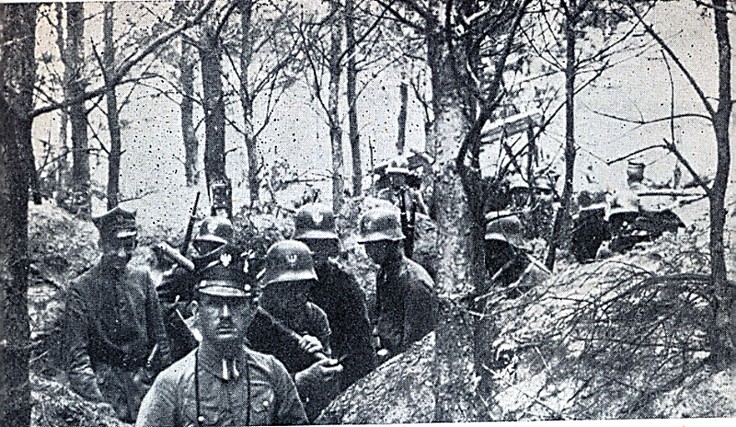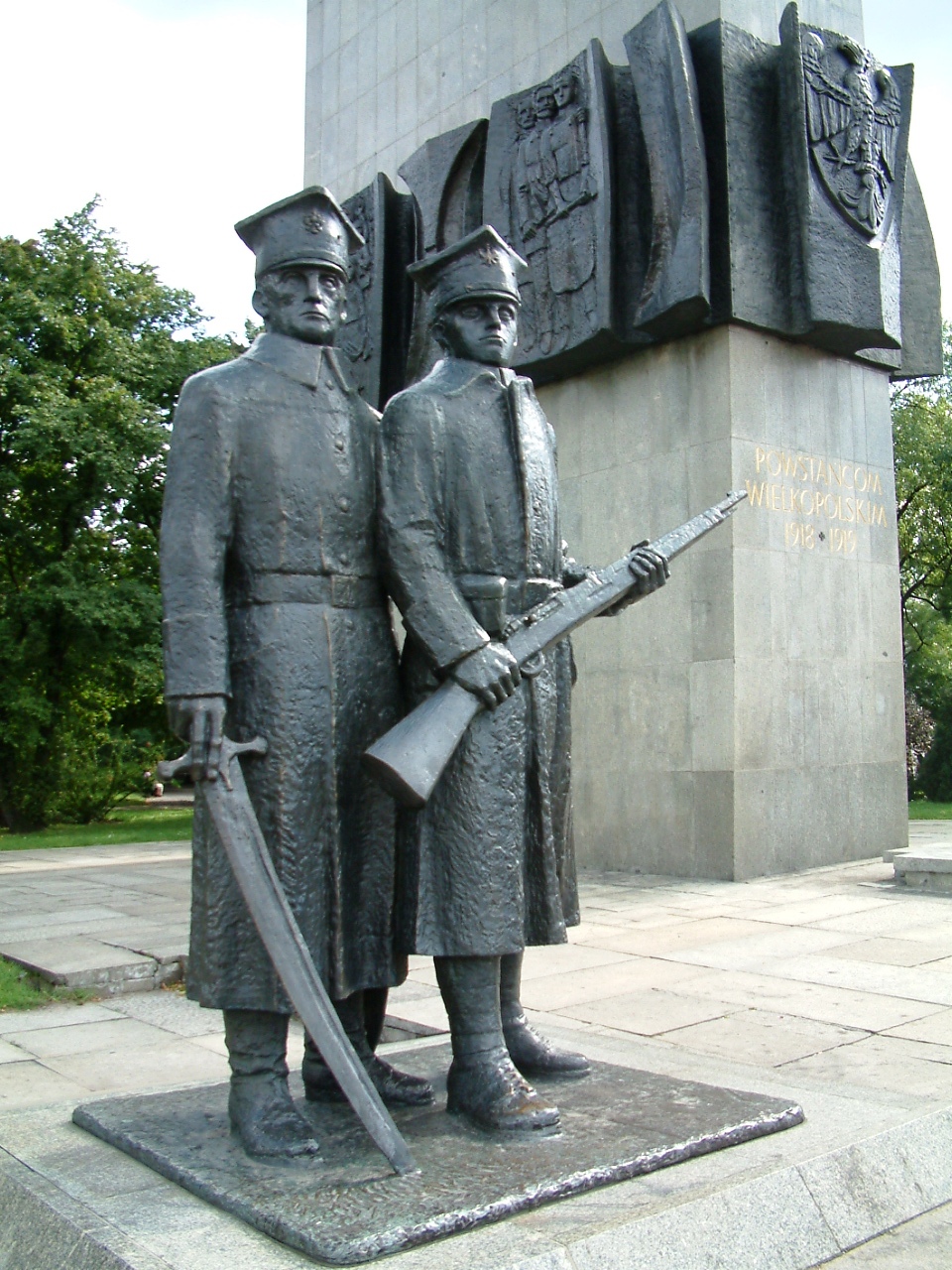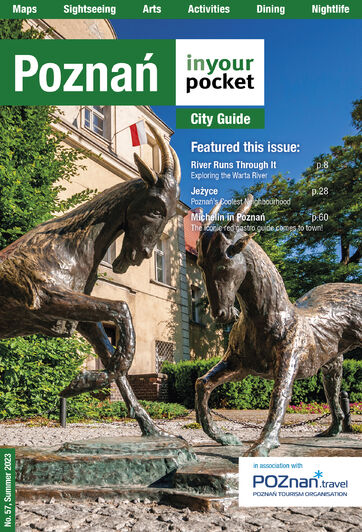With Europe reeling after World War I, Germany in collapse, and Russia plunged into revolutionary chaos, Polish patriotic fervour once more simmered to the surface. The overwhelmingly Polish people of Poznań could sense independence was near, but there remained one crucial sticking point: German stubbornness to relinquish the Wielkopolska region. Woodrow Wilson’s plans for an independent Poland had failed to set any boundaries, and though Warsaw was back in the hands of a Polish government, Poznań was still answerable to Berlin. Ever since the Kaiser’s abdication on November 9, 1918, Poznań’s Poles had been plotting an uprising. Positions in local government and industry were forcibly seized by Poles and the countdown was on for outright war.

Following weeks of tension the fuse was finally lit on December 27th. Historical accounts of how the Uprising started vary; some sources claim it was the shooting of Franciszek Ratajczak and Antoni Andrzejewski on the steps of the police headquarters that started the initial fighting, though most point to a stirring speech given by the pianist and patriot Ignacy Jan Paderewski from the window of what was then the Bazar Hotel (Al. Marcinkowskiego 10). While addressing the Polish crowd assembled below a German counter-demonstration passed by – within moments shots had been fired and the Uprising had begun. Historians disagree on which side started the hostilities, but either way there was no turning back the clock. Within hours Polish forces had captured the Poznań train station and post office, while other towns in the region joined them in rebellion.

Thankfully, peace was just around the corner, due in no small part to French intervention. February 14, 1919 saw the beginning of international peace talks, and within two days the French delegation had persuaded the Germans to sign an extension of the Allied-German armistice, this time including the Wielkopolska front. Sporadic fighting continued for the next few days, but to all intents and purposes, Poznań, and with it Wielkopolska, were liberated.



Comments